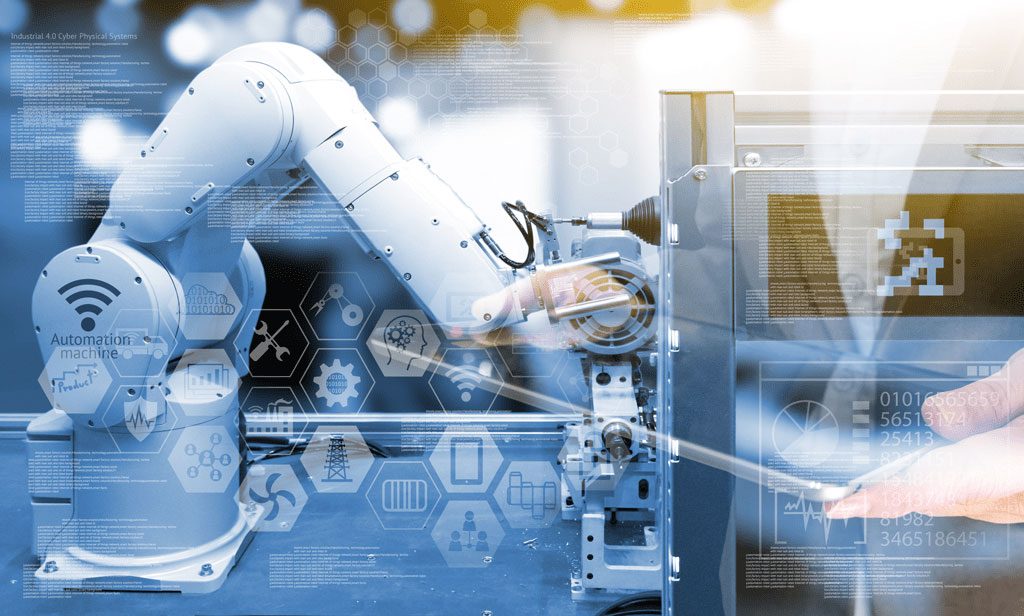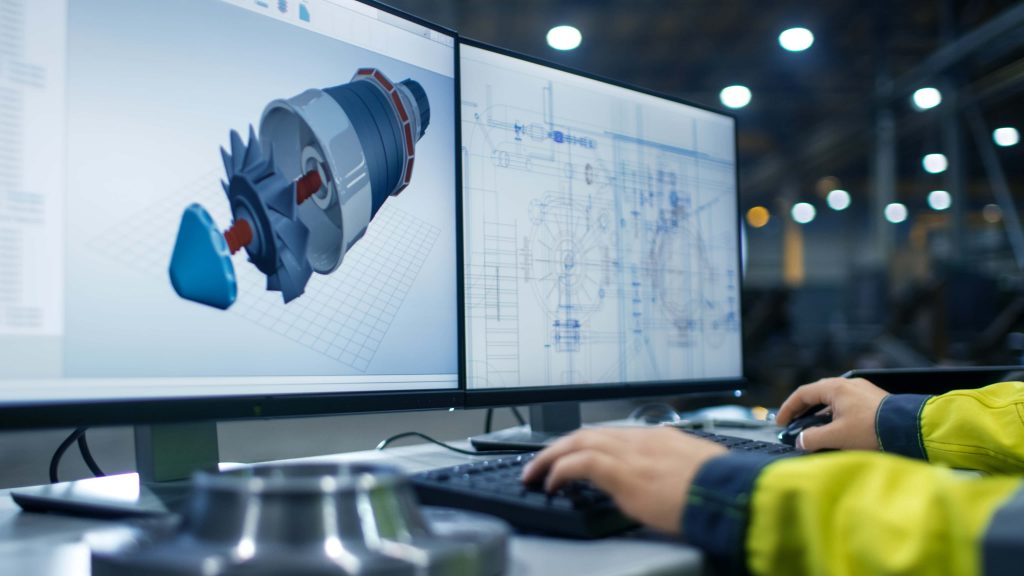Accelerating the whole process through Simultaneous Engineering and Agile Planning Concepts implies passing on information to the next step for concurrent processing. In order to make this relevant information usable for interfaces and interdisciplinary department, the application of a product data technology has become established. The basic concept is based on the consistent processing of product data across all phases of the product lifecycle. Product data technology covers all aspects from the definition of the information that is relevant to a product during its development and throughout the product lifecycle, to the methods of the information description. In addition to consistent product data processing, Digital Manufacturing also focuses on universally applicable requirements for production processes.
Typical in this context is the demand for a decentralized, flexible and at the same time error-free and high-quality production. As an approach to overcoming these challenges, a simple and efficient approach is needed for consistent standardization of the processes and IT system landscape, which, in contrast to the widespread opinion of many individual solutions, is ideal. The lower the degree of customization, the more agile IT applications can be aligned. Adjustments can be made with minimal effort, which facilitates the transition to the smart factory and enables rapid deployment into existing systems.


